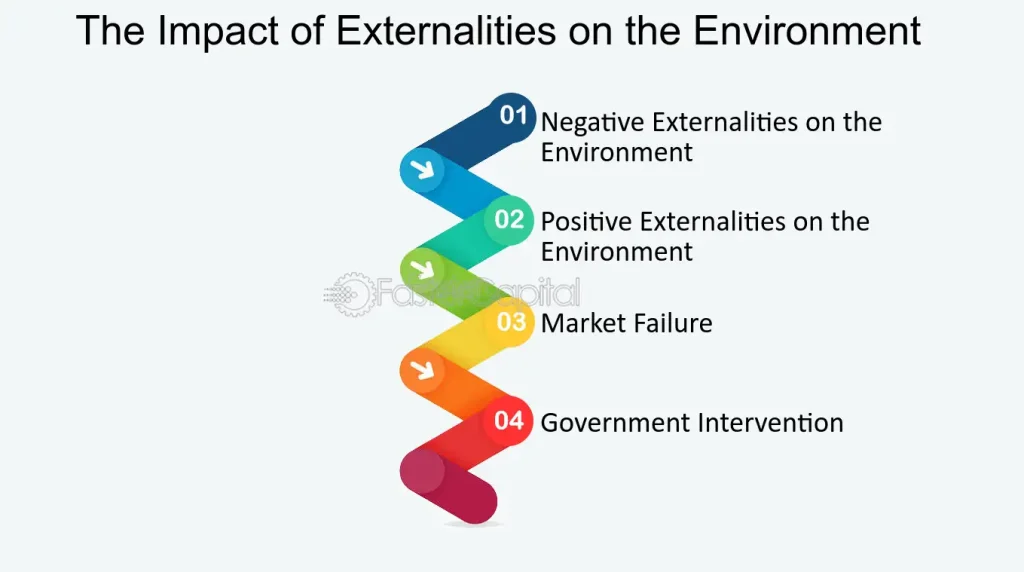The world is facing a major climate crisis, and it’s clear that we need to make drastic changes to move towards a more sustainable future. As we enter the new year, the race to achieve a net-zero economy is on, and innovative ideas are emerging to tackle this global challenge. In this FT Rethink video, we dive into some of the most groundbreaking ideas that are set to change the way we think about sustainability in 2022. These ideas are not just game-changers, but they have the potential to shift the goalposts and create a more nature-positive future.
Fabric Nano – Creating Sustainable Bio plastics and Chemicals at Scale

Fabric Nano is a biotech startup that has found a way to sustainably synthesize bio plastics and fossil fuel-free chemical ingredients at scale. Their breakthrough could potentially replace traditional petroleum-based products, making cell-free manufacturing commonplace. With the support of organizations like the Empire Building Challenge, which provides funding for retrofitting old buildings with sustainable solutions, Fabric Nano’s innovations have the potential to make a significant impact in high-emitting sectors.
Harvesting Electricity from Wooden Flooring

Generating electricity from human-powered steps has been around for a while, but it’s yet to gain widespread adoption. However, two Swiss labs have come up with technology that enables electricity generation from wooden flooring. This revolutionary concept is not only environmentally friendly but also has the potential to transform our use of bio materials and combat deforestation.
Growing Wood in a Lab

Researchers at MIT have discovered a way to replicate wood by isolating tunable plant tissues and growing them in specific shapes, reducing waste and combating deforestation even further. This groundbreaking technology has opened up possibilities for sustainable use of bio materials in industries like construction and fashion.
The Rise of Stock less Fashion

Fashion is one of the most polluting industries globally, with unsold production waste contributing to this issue. However, a global e-commerce brand is changing the game by following a stock less production system. All their products are handmade to order in Spain and Portugal, and they only produce what is ordered, significantly minimizing waste. They also have initiatives in place to encourage customers to resell their unwanted items, offset their carbon footprint, and donate material scraps to smaller fashion brands. With an annual growth rate of 100%, this brand is on the rise and setting an example for sustainable fashion practices.
Putting a Price on Negative Externalizes

Merely buying up carbon credits to achieve sustainability goals won’t get us to a net-zero economy. Two companies, N Caves and Invest, are addressing this issue by developing tools to measure the value of ecosystem services and evaluate the impact of investments in natural infrastructure in cities. These initiatives highlight the importance of recognizing nature as an essential ally and investing in it for our well-being.
Costa Rica – The First Tropical Country to Halt Deforestation
Costa Rica has become the first tropical country to halt and reverse deforestation by taxing fossil fuels and financing reforestation projects. This government initiative has resulted in saving over 1 million hectares of forest and replanting 7 million trees. Costa Rica’s success can be attributed to political will and the recognition of the importance of preserving their environment.
Add Your HeadinNature-Based Solutions for Citiesg Text Here
Investing in nature is not just beneficial for our environment but can also have a positive impact on urban areas. Organizations like Invest are developing software that models the links between nature and the well-being of populations, showcasing how investing in natural infrastructure can benefit cities.
The Empire Building Challenge – Sharing Sustainable Practices
The Empire Building Challenge is providing funding for retrofitting old buildings with sustainable solutions and sharing best practices with other building owners across New York State. This initiative highlights the importance of retrofitting old buildings to make significant sustainability gains, as they make up 80-90% of energy usage.
In conclusion, 2024 is the year to make significant strides towards achieving a net-zero economy and creating a nature-positive future. These eight sustainability ideas are just some of the many game-changing initiatives that are set to transform the way we live and think about sustainability. With awareness and support, these ideas have the potential to move us closer to a more sustainable and environmentally friendly world. Let’s embrace these ideas and work towards a brighter and greener future for generations to come.

